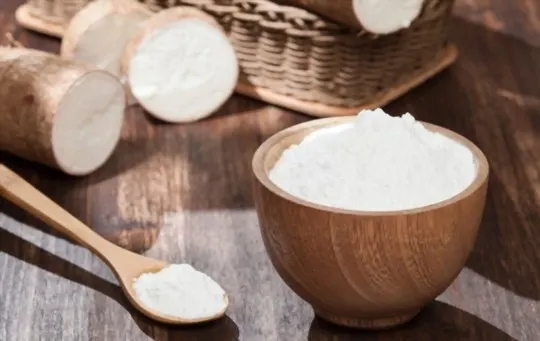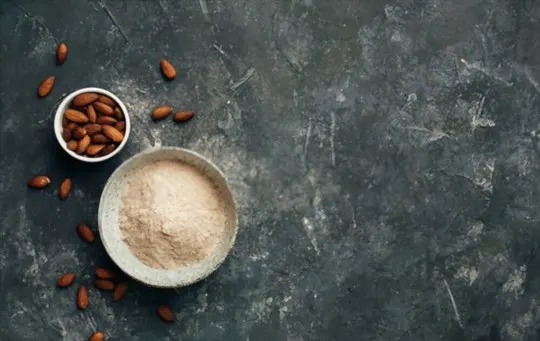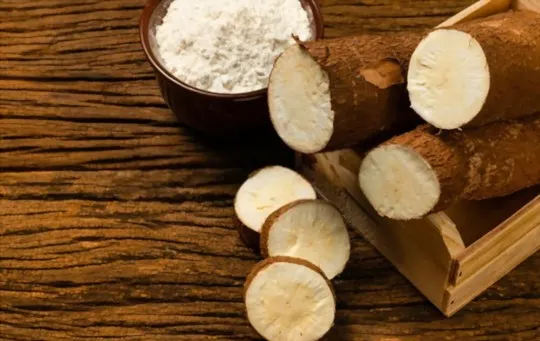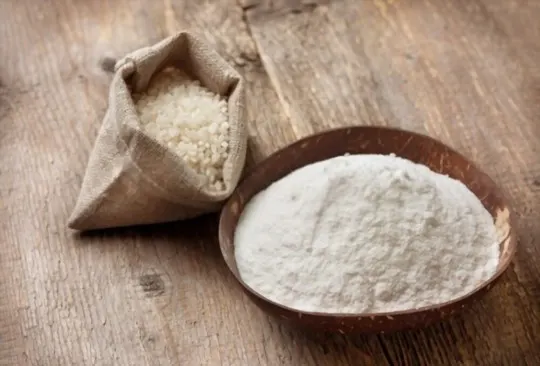Ah, the quest for the perfect coconut flour substitute is real, isn’t it?
You’re halfway through baking your grandma’s famous recipe when BAM, you realize there’s no coconut flour in sight.
Your heart sinks. Not today, though!
We’ve got a lineup of game-changers ready to step up to the plate.
These substitutes are not just about saving your bake—they’re about adding that extra oomph.
Each brings its own unique vibe to the table, making your treats even more memorable.
No more kitchen mishaps turning into meltdowns; with these swaps, you’re all set to whip up magic, no coconut flour needed.
The 5 Best Substitutes for Coconut Flour
If you are looking for alternatives to coconut flour, you have come to the right place.
Coconut flour is a high-fiber and gluten-free alternative to traditional wheat flour.
Unfortunately, it can be difficult to find in some stores and may not work with certain recipes.
Here are five of the best substitutes for coconut flour that you can use in baking and cooking.
1 – Cassava Flour

Looking for a gluten-free, grain-free flour option? Cassava flour might be the perfect choice for you.
This flour is made from cassava root, a starchy vegetable that is popular in many parts of the world.
Cassava flour has a neutral taste and a light, fluffy texture that makes it perfect for baking.
It can be used as a 1:1 substitute for coconut flour in many recipes.
When substituting cassava flour for coconut flour, you may need to add additional liquid to your recipe to achieve the desired consistency.
So if you’re looking for delicious and versatile gluten-free flour, give cassava flour a try.
2 – Almond Flour

Almond flour is a delicious and healthy alternative to coconut flour.
It has a milder taste and a softer texture, making it perfect for baked goods.
It is also high in protein and fiber, making it a healthier option than coconut flour.
To substitute almond flour for coconut flour, simply use 1/4 cup of almond flour for every 1/3 cup of coconut flour.
This will help to create a lighter and fluffier texture in your baked goods.
So if you’re looking for a healthier option or just want to try something new, give almond flour a try.
3 – Arrowroot Flour

Arrowroot flour is a type of starch that is derived from the root of the arrowroot plant.
It has a mild flavor and a slightly gritty texture.
Arrowroot flour can be used as a substitute for coconut flour in many recipes.
When substituting arrowroot flour for coconut flour, you will need to use less arrowroot flour than coconut flour.
This is because arrowroot flour is more absorbent than coconut flour.
As a result, your baked goods made with arrowroot flour will be denser than those made with coconut flour.
When substituting arrowroot flour for coconut flour, you should also add an extra egg to your recipe to help offset the density.
4 – Hazelnut Flour

Hazelnut flour is a delicious and nutritious alternative to coconut flour.
It has a rich, nutty flavor that is perfect for baking and cooking.
Hazelnut flour is also high in protein and fiber, making it a healthy choice for those on a gluten-free diet.
Additionally, hazelnut flour can be used as a substitute for coconut flour in recipes.
When baking with hazelnut flour, it is important to use a 1:1 ratio.
This means that if a recipe calls for one cup of coconut flour, you will use one cup of hazelnut flour instead.
Using too much hazelnut flour can result in dry, crumbly baked goods.
However, when used correctly, hazelnut flour is a delicious and versatile ingredient that can help you create healthy and delicious meals.
5 – Rice Flour

Rice flour is a type of flour made from finely ground rice.
It has a light, powdery texture and a mild flavor.
Because of its neutral flavor, rice flour is often used as a substitute for wheat flour or other types of flour in recipes.
It can also be used to thicken sauces and soups.
Rice flour is a good choice for people with gluten sensitivities or allergies because it is gluten-free.
When substituting rice flour for wheat flour, you may need to add more liquid to your recipe because rice flour is not as absorbent as wheat flour.
You can find rice flour at most grocery stores or online.

Leave a comment